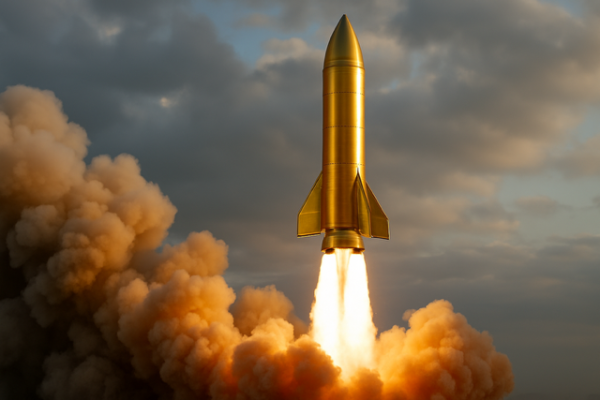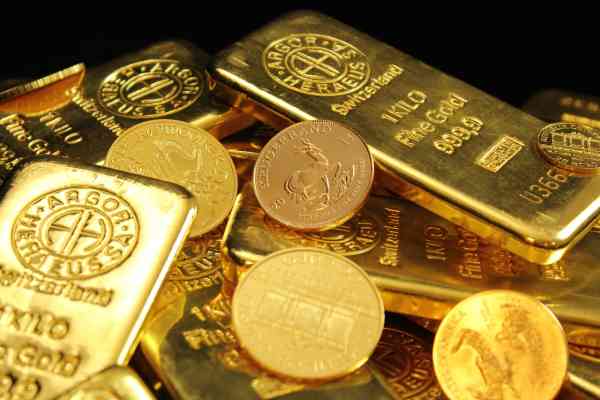July 31st, 2020 | 06:45 CEST
dynaCERT, NEL ASA, Saturn Oil & Gas - really good companies with potential
Imagine that the next time you go to a petrol station, you are allowed to specify where the fuel is to come from. Would you rather choose Canada or a country that uses the proceeds from oil deals to buy weapons to threaten the local population or neighbors? People are always striving to improve the quality of life and security. Different companies from various industries can contribute to making the world a little bit better every day, and investors have the opportunity to benefit from this.
time to read: 3 minutes
|
Author:
Mario Hose
ISIN:
NO0010081235 , CA26780A1084 , CA80412L1076
Table of contents:

"[...] Large tailings piles, such as those created in phosphate production from sedimentary rock, will not exist in our process. [...]" John Passalacqua, CEO and Director, First Phosphate Corp.
Author
Mario Hose
Born and raised in Hannover, Lower Saxony follows social and economic developments around the globe. As a passionate entrepreneur and columnist he explains and compares the most diverse business models as well as markets for interested stock traders.
Tag cloud
Shares cloud
Good oil from Canada
In Canada, environmental protection and respect for human rights are of great importance. From a moral point of view, the country has a clear advantage in the production of oil over countries where social and democratic developments are suppressed. However, at a time when great emphasis is placed on healthy food and fair production, customers at the pump may unwittingly and against their will become supporters of a dubious regime.
Modern society will be dependent on oil for a long time to come, but attention can be paid now and today to where the black gold comes from. Anyone in Canada who wants to invest in an oil company should look into Saturn Oil & Gas. The company is based in Calgary and produces in western Saskatchewan. The company has ESG rules in focus and is operationally successful. Has our society already reached the point where we are placing value on the origin of energy sources? Yes, it has, because a selection is already being offered for electricity. Why not for car fuel as well?
dynaCERT offers retrofitting
Would you rather retrofit a good car with hydrogen technology to protect the environment or would you prefer to buy a new battery car? dynaCERT from Canada has developed a retrofit technology that can save up to 19% of fuel consumption in internal combustion engines. The emission of particulate matter is reduced by up to 55%. By increasing efficiency, up to 88% of NOx emissions are prevented.
At the same time up to 9% less CO2 is released. dynaCERT is also working on the certification of the CO2 savings and making them tradable. These advantages are achieved because the hydrogen generated on board as needed is added to the engine during combustion via the air supply. dynaCERT has thus created a solution for existing vehicles and infrastructures. The environmental balance is improved without the need for major new purchases and the use of resources.
Where will the electricity come from?
Whoever buys a battery car, does so more and more often because of government subsidies. How good is an innovation that can only be sold with subsidies? From today's perspective, the battery of these cars is pure hazardous waste at the end of their life cycle. Hydrogen as an energy storage medium, on the other hand, is the cleaner alternative, provided that the energy for producing hydrogen comes from renewable sources. It should be noted, however, that the environmental benefit only exists if the entire energy mix of a supplier or country is largely made up of renewable energies, since otherwise more coal would be used in power plants to meet additional electricity demand from battery cars.
According to the Kiel Institute for the World Economy, the average CO2 emission of a battery car in Germany is around 300 g CO2 per kilometer, which is significantly more than a modern diesel with 173 g CO2 per kilometer. Against this background, so-called 'environmental bonuses' are seen in a completely different light. Due to the increase in CO2 emissions, battery cars are part of the problem, not the solution, due to the current energy mix in Germany, with only 45% of electricity coming from renewable energies.
Big challenges in the mass market
The same applies to the production of hydrogen; the electricity required for this must not come from coal-fired power stations, otherwise any diesel engine would be cleaner on balance. For the plant manufacturer NEL ASA, the topic of energy supply for the production of hydrogen is therefore of importance. There are currently about 14,000 filling stations in Germany. A comparably large network would probably be necessary for a comfortable supply of passenger cars with hydrogen and fuel cells. In countries with almost 100% renewable energy in their power grids, NEL ASA has the highest potential with a clean eco-balance.
Conflict of interest
Pursuant to §85 of the German Securities Trading Act (WpHG), we point out that Apaton Finance GmbH as well as partners, authors or employees of Apaton Finance GmbH (hereinafter referred to as "Relevant Persons") may in the future hold shares or other financial instruments of the mentioned companies or will bet on rising or falling on rising or falling prices and therefore a conflict of interest may arise in the future. conflict of interest may arise in the future. The Relevant Persons reserve the shares or other financial instruments of the company at any time (hereinafter referred to as the company at any time (hereinafter referred to as a "Transaction"). "Transaction"). Transactions may under certain circumstances influence the respective price of the shares or other financial instruments of the of the Company.
Furthermore, Apaton Finance GmbH reserves the right to enter into future relationships with the company or with third parties in relation to reports on the company. with regard to reports on the company, which are published within the scope of the Apaton Finance GmbH as well as in the social media, on partner sites or in e-mails, on partner sites or in e-mails. The above references to existing conflicts of interest apply apply to all types and forms of publication used by Apaton Finance GmbH uses for publications on companies.
Risk notice
Apaton Finance GmbH offers editors, agencies and companies the opportunity to publish commentaries, interviews, summaries, news and etc. on news.financial. These contents serve information for readers and does not constitute a call to action or recommendations, neither explicitly nor implicitly. implicitly, they are to be understood as an assurance of possible price be understood. The contents do not replace individual professional investment advice and do not constitute an offer to sell the share(s) offer to sell the share(s) or other financial instrument(s) in question, nor is it an nor an invitation to buy or sell such.
The content is expressly not a financial analysis, but rather financial analysis, but rather journalistic or advertising texts. Readers or users who make investment decisions or carry out transactions on the basis decisions or transactions on the basis of the information provided here act completely at their own risk. There is no contractual relationship between between Apaton Finance GmbH and its readers or the users of its offers. users of its offers, as our information only refers to the company and not to the company, but not to the investment decision of the reader or user. or user.
The acquisition of financial instruments entails high risks that can lead to the total loss of the capital invested. The information published by Apaton Finance GmbH and its authors are based on careful research on careful research, nevertheless no liability for financial losses financial losses or a content guarantee for topicality, correctness, adequacy and completeness of the contents offered here. contents offered here. Please also note our Terms of use.




